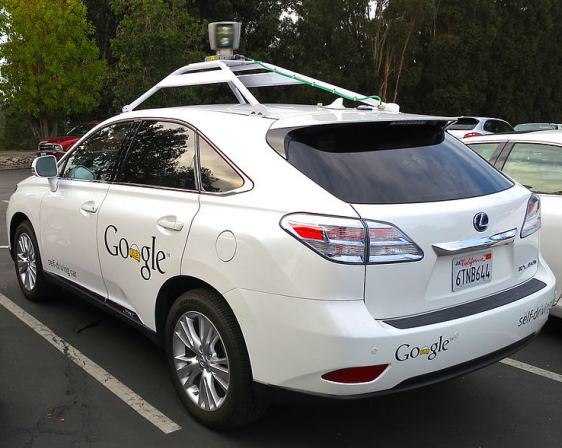Google’s Self-Driving Cars Involved In Minor Accidents
This is according to the AP, which looked at California DMV records and found that a total of four self-driving cars have been in collisions since permitting began last fall. The fourth vehicle belonged to Delphi Automotive and was apparently not in driverless mode at the time.
The DMV does not indicate the nature of the Google incidents, but the company tells the AP that all three collisions were the fault of another driver. It’s believed that two accidents occurred while the cars were in self-driving mode, and all were minor collisions at low speeds.
Google says that its fleet of self-drivers has already logged some 140,000 total miles. The AP notes that the rate of 3 property-damage-only accidents per 140,000 miles is significantly higher than the national average of .3 accidents per 100,000 miles. The report does however point out that many of these sort of accidents never get reported to police or insurance companies, so that many not be an accurate metric for comparison.
[UPDATE: In an op-ed posted on Medium.com, Chris Urmson, the director of Google’s self-driving car program, takes issue with the AP reporting. He says that these cars have racked up 1.7 million miles, not 140,000. If so, that would put the incident rate below the national average for traditional motor vehicles.]
Even before California began issuing the self-driving permits, Google’s tricked-out Lexus cars were a target of criticism. Human drivers in other vehicles apparently have a habit of gawking at these driverless cars, possibly putting others on the road at risk.
In total, there are 48 permitted self-driving cars in California.
Want more consumer news? Visit our parent organization, Consumer Reports, for the latest on scams, recalls, and other consumer issues.


